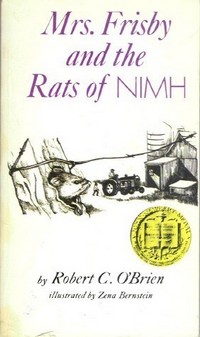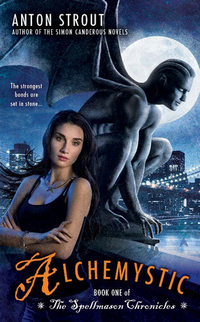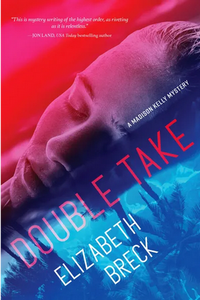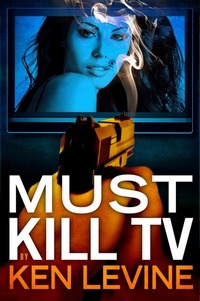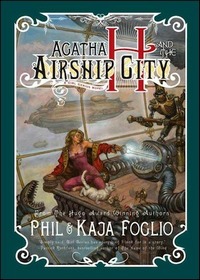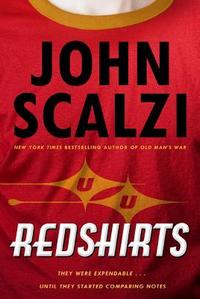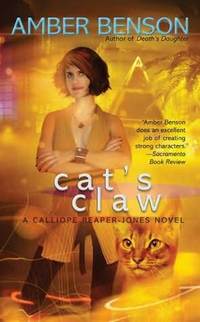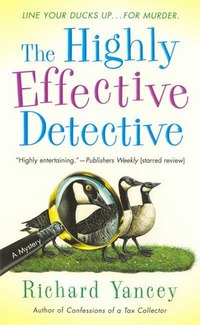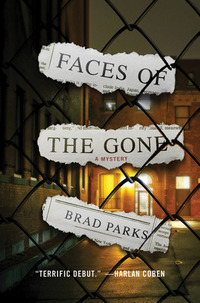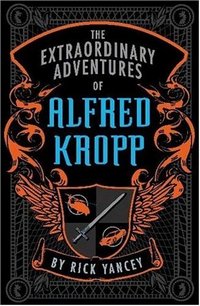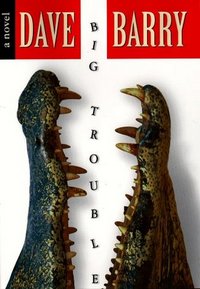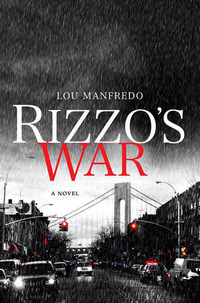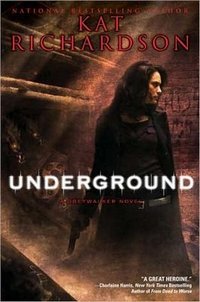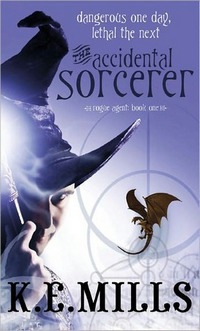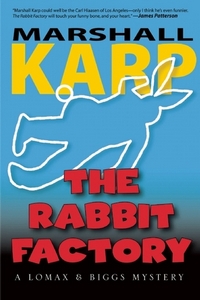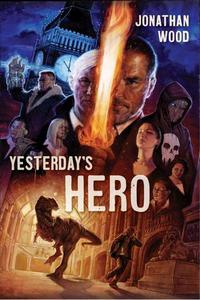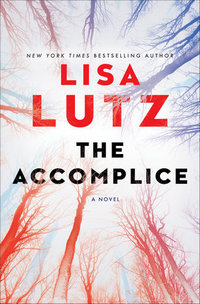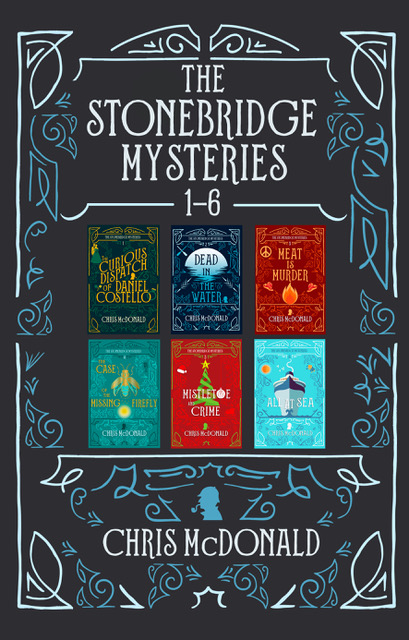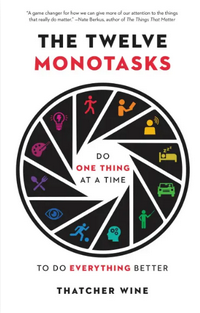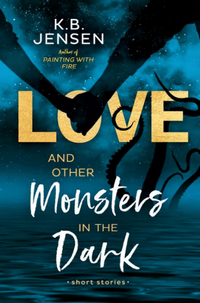 Love and Other Monsters in the Dark
Love and Other Monsters in the Dark
by K.B. Jensen
DETAILS: Publisher: Crimson Cloud Media LLC. Publication Date: June 20, 2022 Format: eARC Length: 186 pg. Read Date: June 11-20, 2022

What’s Love and Other Monsters in the Dark About?
I have no idea how to answer this question in any but the most annoying way—it’s a collection of forty-two short stories and flash/sudden fiction (however you want to refer to them). Learning that this is only 186 pages long emphasized just how short these stories are.
As far as this collection goes—the stories are about love and monsters, basically. The fact that the title says “Other Monsters” suggests a little about what kind of love stories will be told. Let’s just say that none of these will be fodder for a Hallmark movie.
The genres these stories approach the subjects from are varied—there’s some Science Fiction, some Horror, some Crime, and a little General Fiction—there’s even a Zombie story (a Zombie story I liked—despite my frequent claims that I don’t like the genre).
Self-Depreciation
Jensen does not have a lot of good things to say about writers in these pages, those comments both ring true and are some of the funnier lines in the book. In one story, a character cites a line in an earlier story and casts aspersions on it. It’s a small moment, and if you don’t recognize the call back you will miss absolutely nothing—but if you do catch it, you’ll enjoy it.
(yes, it’s possible that there are other self-referential moments that I missed. Which would only bolster that point about missing the one I caught not making that much of an impact)
There are not many lighter moments in this book—it’s about monsters, after all. So it makes those that Jensen provides all the nicer.
So, what did I think about Love and Other Monsters in the Dark?
It’s even harder to answer this question than the first one…the short version is, that I really liked it and was more than impressed with Jensen’s skill and versatility. I could list names of stories that wowed me, but that wouldn’t be useful to anyone (and my list would be really long—and incomplete). If I told you a little about the stories or why they were so effective, I’d ruin the experience for you. My hands are tied on being too helpful here.
If I did this as a profession, I’d take the time/effort to give you numbers here, but I’m not, so you’ll get impressions. A little more than half of the flash fiction aren’t complete stories—they’re the beginnings of stories, the introductory page or two for a short story, and then they end. Oddly, with one exception, that was enough for me—I was satisfied.
Well, I say I was satisfied, but I’d have loved to turn the page and get the rest of the story. Yet in a way that I cannot really understand (or, evidently, explain), what Jensen gave was enough. And that one exception had nothing to do with the brevity, it was the piece—I don’t think it would’ve resonated with me no matter how much content was provided.
Now, when she told a whole story in either the flash or short fiction? Some of the best short fiction I’ve read in a dog’s age. Sure, there were two or three stories that didn’t work for me, but that’s about my taste, not Jensen’s writing.
There are moments of sweetness (frequently deserving the prefix “bitter”, sure, but the sweetness is what I remember), there’s some heartbreak, too. There are just some horrible people and worse outcomes. I’m not sure there’s a “happily ever after” to be found, but maybe a few “better than it could’ve been” endings. Sure, there are also the horror stories or the SF that tends in a horror direction. Those might have been my favorites.
I’m going to stop flailing around, trying to describe my impressions of this book. In short—this is the kind of short fiction I want to read more of, and the kind I don’t find that often, which is why I read so little of it. Fast, well-written, impactful—these literary snacks will stay with you longer than you’d think they will based on the length.
Disclaimer: I received this eARC from the author and Lori Hettler of The Next Best Book Club in exchange for this post—thanks to both for this.

![]()



